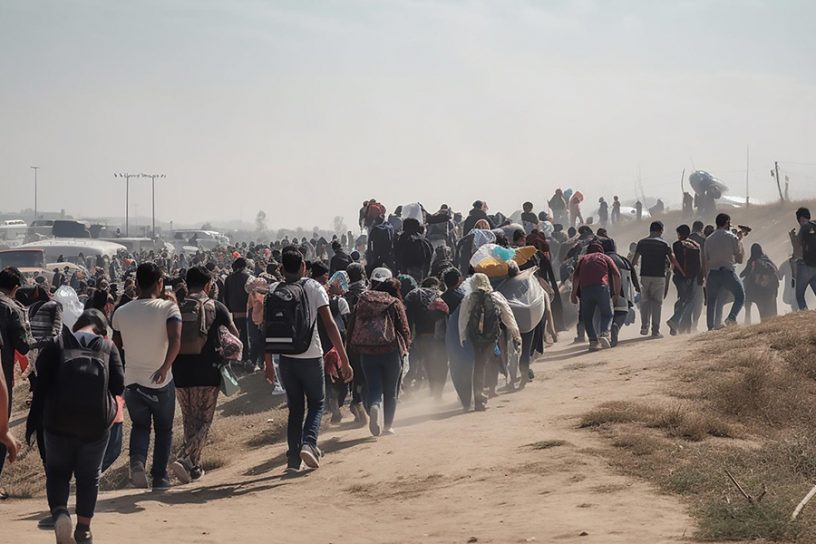
A more Humanitarian Marketing System, spanning time, space and other systems, brings opportunities for governments, NGOs and businesses to cooperate and to provide forcibly displaced persons with resources, which enhance connectedness, reduce vulnerabilities and suffering, illuminate good practices and enable FDP to flourish when resettled.
Authors
Clifford Shultz, Loyola University Chicago, Chicago, Illinois, USA.
Andrés Barrios, Universidad de los Andes, Bogotá, Colombia.
Alexander V. Krasnikov, Loyola University Chicago, Chicago, Illinois, USA.
Ingrid Becker, St. Gallen University, St. Gallen, Switzerland
Aronté M. Bennett, Villanova University, Villanova, Pennsylvania, USA.
Renu Emile, Professor, O.P. Jindal Global University, Sonipat, Haryana, India.
Maria Hokkinen, Åbo Akademi University, Turku, Finland.
Julia R. Pennington, The University of Tampa, Tampa, FL, USA.
Marcos Santos, Universidad La Sabana, Chía, Colombia.
Jaime Sierra, Pontificia Universidad Javeriana, Bogotá, Colombia.
Summary
The global refugee crisis reveals refugees and other forcibly displaced persons (FDP) are uniquely vulnerable consumers on a dynamic pathway precipitated by trigger events that have disrupted or fractured marketing systems requisite for safety and well-being, resulting in dangerous journeys to temporary or permanent settlements.
The Syrian Conflict is introduced to contextualize the challenges along the pathway and to show that a more Humanitarian Marketing System, spanning time, space and other systems, brings opportunities for governments, NGOs and businesses to cooperate and to provide FDP with resources, which enhance connectedness, reduce vulnerabilities and suffering, illuminate good practices and enable FDP to flourish when resettled.
The authors discuss research-opportunities to facilitate further understanding, to develop and repair marketing systems, and to enhance the well-being of FDP and other stakeholders of the crisis.
Published in: Journal of Macromarketing
To read the full article, please click here.


